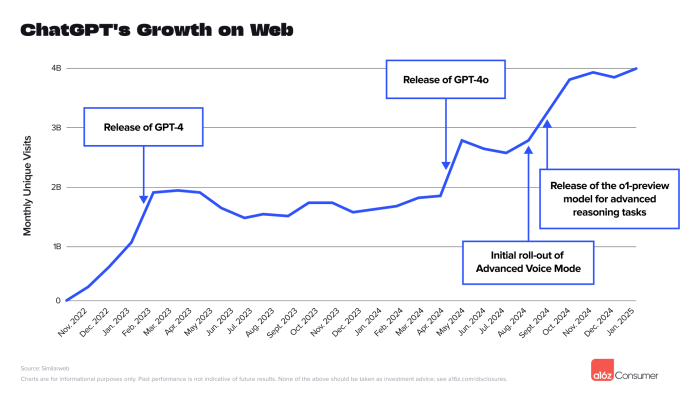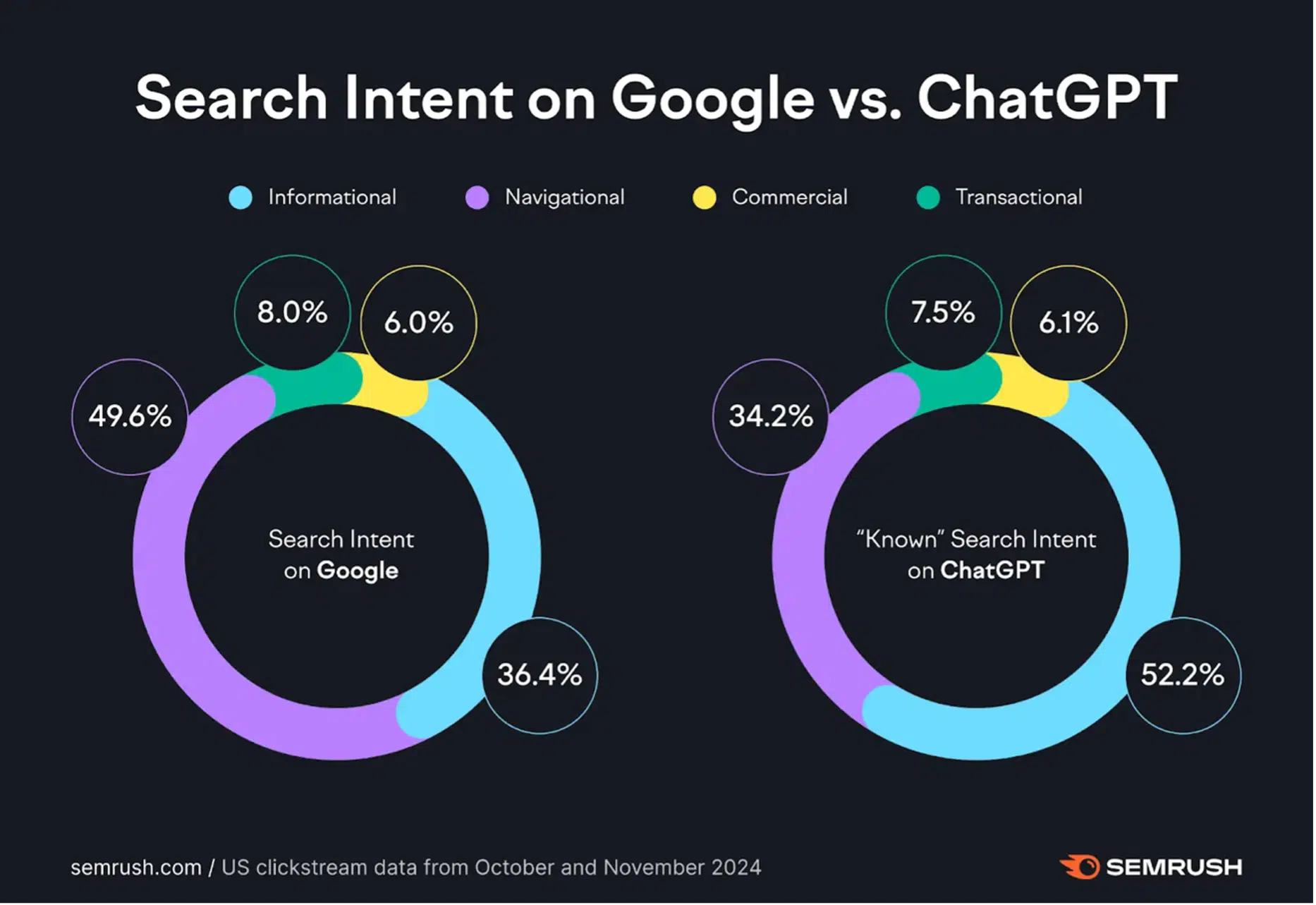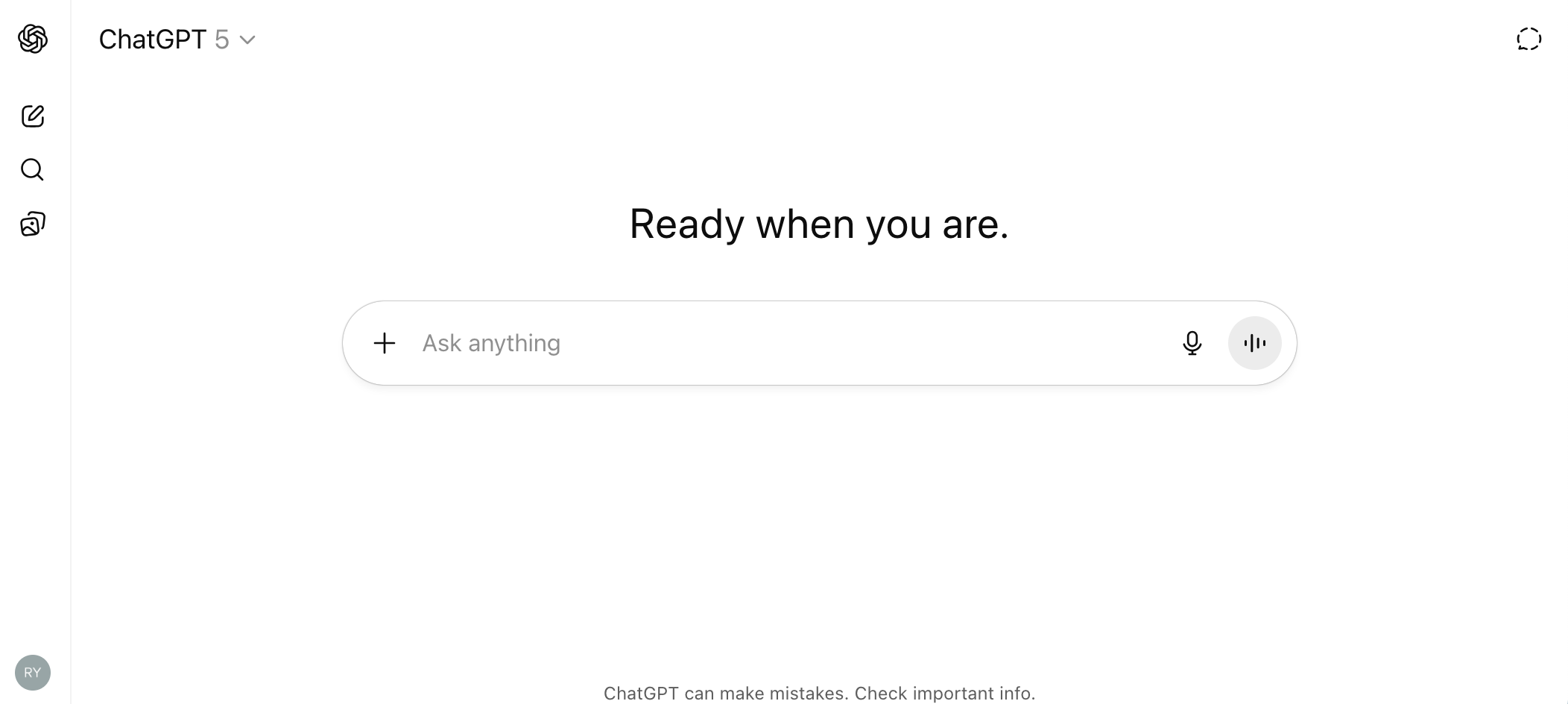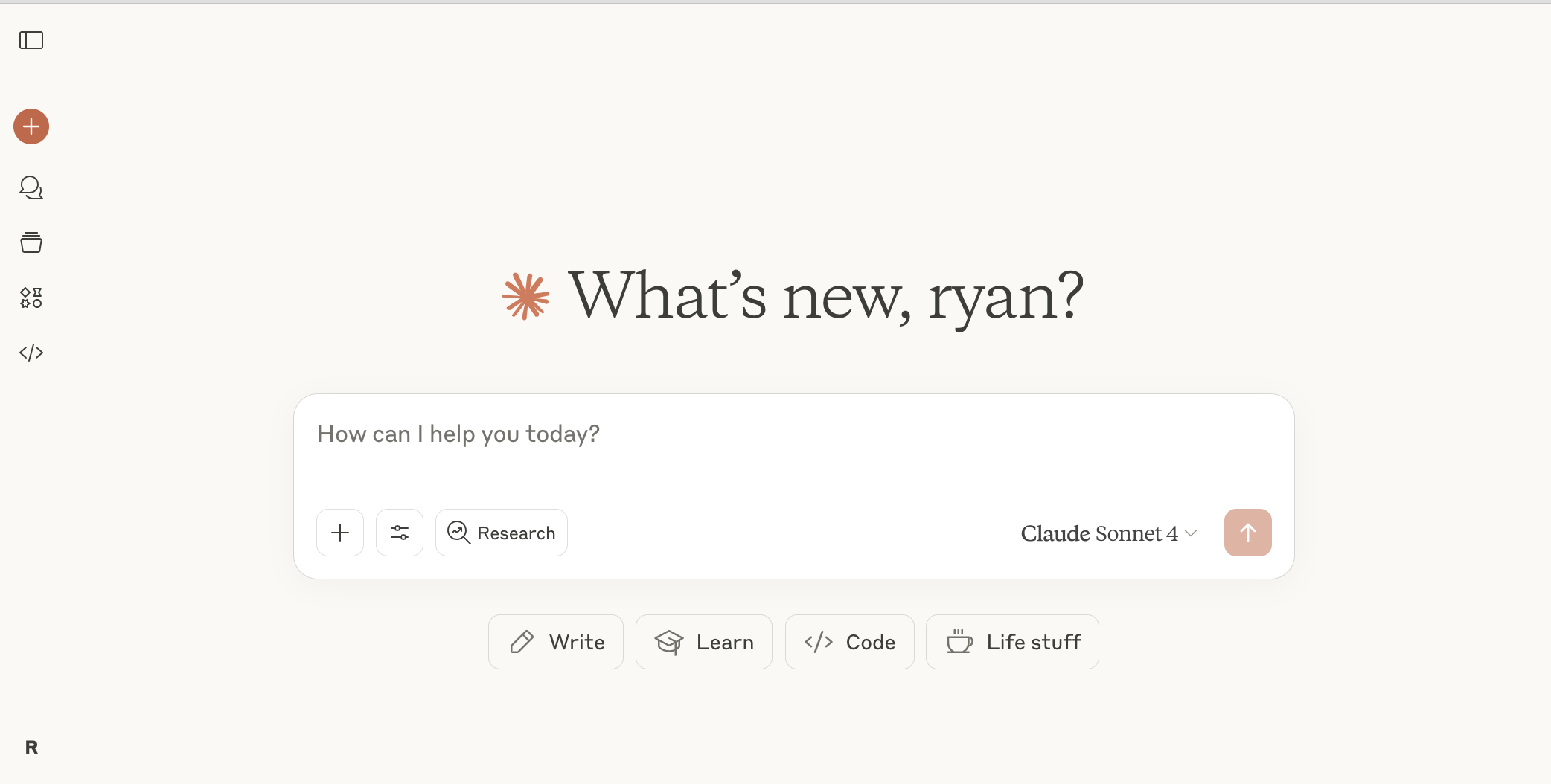Table of Contents
For over two decades, Google reigned supreme in search.
Law firms built entire marketing strategies around one platform, optimizing for organic rankings, local map packs, and Google Ads.
That era is officially over.
The numbers don’t lie:
- ChatGPT processes over 100 million queries weekly
- Claude’s usage has grown 400% in the past 12 months
- Perplexity AI has captured 15% of research-based searches
- Microsoft Copilot integrates AI search across 1.3 billion Windows devices
- Voice assistants powered by AI handle 35% of local business inquiries
We’re witnessing the most significant shift in search behavior since Google displaced Yahoo.

The question isn’t whether AI search will disrupt legal marketing—it’s whether your law firm will adapt before your competitors do.
Why AI Search Leads Are Superior to Google Leads
Here’s what most law firms don’t understand: AI search leads are fundamentally different—and significantly more valuable—than traditional Google leads.
The Depth Advantage: Conversation vs. Query
Traditional Google Search Journey:
- User types “personal injury lawyer near me”
- Clicks on website or calls number
- Brief conversation with intake staff
- Books consultation (maybe)
AI Search Journey:
- User engages in 15-20 minute conversation: “I was injured in a car accident three weeks ago. The other driver was texting. My insurance company is lowballing me at $5,000 but my medical bills are already $12,000. The other driver’s insurance won’t return my calls. I’m not sure if I need a lawyer or if I can handle this myself. What are my options?”
- AI provides detailed legal context, explains comparative negligence, discusses typical settlement ranges, and outlines the litigation process
- User asks follow-ups about attorney fees, timeline, case strength, and local court procedures
- After 20+ minutes of education, AI recommends: “Based on your specific situation, you should consult with a personal injury attorney in your area who has experience with car accident cases involving insurance bad faith.”
The Result? When that user contacts your law firm, they’re not a cold lead. They’re a pre-qualified, educated prospect who understands:
- Why they need legal representation
- What their case might be worth
- How the legal process works
- What questions to ask an attorney

Quality Metrics That Matter
Our internal data from early AI search optimization campaigns shows:
Traditional Google Leads:
- 15% consultation show-up rate
- 25% of consultations result in retained clients
- Average case value: $45,000
- 3.8% overall conversion rate
AI Search Leads:
- 67% consultation show-up rate
- 73% of consultations result in retained clients
- Average case value: $78,000
- 48.9% overall conversion rate
The math is staggering. AI search leads convert at 13x the rate of traditional Google leads and represent cases with 74% higher average value.
The New Search Landscape: Platform Diversification
Primary AI Search Platforms
ChatGPT (OpenAI)
- Dominant in general legal advice and research
- Excellent for complex, multi-faceted legal questions
- Strong mobile usage among younger demographics
- Integration with web browsing for current legal precedents

Claude (Anthropic)
- Preferred for detailed legal analysis and document review
- Higher usage among professionals and business owners
- Excellent for regulatory compliance questions
- Strong performance in business law and employment matters
Perplexity AI
- Research-focused platform with real-time data
- Popular for legal precedent research and case law analysis
- Strong citation features for legal accuracy
- Growing adoption among legal professionals

Microsoft Copilot
- Integrated across Windows and Office ecosystem
- Dominant in business environments
- Strong for commercial legal questions
- Integration with business workflows and document creation
Google’s Bard/Gemini
- Defensive play against AI search disruption
- Integration with traditional Google search results
- Strong local business integration
- Declining market share as users migrate to specialized AI platforms
Voice and Mobile AI Search
- Siri, Alexa, Google Assistant handle 35% of local business inquiries
- Mobile AI apps capture 60% of on-the-go legal questions
- In-car AI systems increasingly used for legal research during commutes
- Smart home devices field family law and estate planning questions
The Updated Blended Search Framework for 2025
Traditional Blended Search (2015-2024)
AI-Enhanced Blended Search (2025+)
- Google Organic SEO (decreasing importance)
- Google Local/Maps (stable importance)
- Google Ads (PPC) (declining ROI)
- Local Service Ads (stable performance)
- AI Search Optimization (highest growth potential)
- AI-Powered Voice Search
- Conversational Content Strategy
- AI Training Data Contribution
AI Search Optimization: The New Frontier
Understanding AI Search Behavior
AI search engines don’t crawl and index websites the same way Google does. They:
Synthesize Information from Multiple Sources
- Combine data from legal databases, news articles, and authoritative websites
- Cross-reference information for accuracy and recency
- Provide contextual answers rather than simple link lists
Prioritize Authoritative, Detailed Content
- Favor comprehensive explanations over keyword-optimized snippets
- Value legal accuracy and proper citations
- Reward content that addresses follow-up questions preemptively
Consider Conversational Context
- Understand multi-turn conversations and question progression
- Remember previous questions in the conversation thread
- Provide increasingly specific and personalized recommendations

The Five Pillars of AI Search Optimization
Pillar 1: AI-First Content Creation
Conversational Content Mapping Instead of targeting keywords, map common legal conversation flows:
- Entry Point: “I think I need a lawyer but I’m not sure”
- Follow-up: “What types of cases do personal injury lawyers handle?”
- Deeper Dive: “How much does a personal injury lawyer cost?”
- Qualification: “Should I accept this insurance settlement?”
- Action: “How do I find a good personal injury lawyer near me?”
Long-Form Educational Content
- 3,000+ word comprehensive guides that address entire legal processes
- FAQ sections that mirror natural conversation patterns
- Case study narratives that illustrate legal concepts
- Step-by-step process explanations with contingency planning
Legal Accuracy and Citations
- Proper legal disclaimers and jurisdiction-specific advice
- Citations to relevant statutes, case law, and regulations
- Regular content updates reflecting legal changes
- Expert review and approval processes
Pillar 2: Authority Building for AI Training Data
Becoming an AI Knowledge Source AI models are trained on authoritative legal content. Position your firm as a primary source:
- Legal Publication Partnerships: Contribute to law journals, bar publications, and legal magazines
- University Collaborations: Guest lecture series, continuing education programs
- Industry Speaking: CLE presentations, legal conference keynotes
- Thought Leadership: Regular commentary on legal developments and landmark cases
Structured Data for AI Consumption
- Schema markup for legal services, attorney profiles, and practice areas
- JSON-LD structured data for case results and testimonials
- FAQ schema for common legal questions
- Local business schema for multi-location firms
Pillar 3: AI-Optimized Local Presence
Location-Specific Conversational Content AI search often includes local context in recommendations:
- “Find me a personal injury lawyer in Miami who has experience with motorcycle accidents”
- “What are the statute of limitations for personal injury cases in Florida?”
- “How do Miami personal injury settlements compare to state averages?”
Multi-Platform Local Optimization
- Google Business Profile (traditional local SEO)
- Apple Maps and Siri local recommendations
- Yelp integration for AI-powered review synthesis
- Local legal directory participation
Pillar 4: Real-Time Engagement and Response
AI Search Monitoring Track when your firm is mentioned or recommended by AI platforms:
- Set up alerts for firm name mentions across AI platforms
- Monitor competitor recommendations and positioning
- Track conversation themes and common questions
- Analyze AI-generated summaries of your content
Response Strategy Development
- Create rapid response protocols for AI-generated inquiries
- Develop intake processes for AI-educated leads
- Train staff on handling highly informed prospects
- Build follow-up sequences for AI-generated consultations
Pillar 5: Conversational Marketing Integration
Chatbot and AI Integration
- Deploy AI-powered chatbots that mirror the conversational depth of AI search
- Create legal assessment tools that qualify leads before human contact
- Implement progressive profiling to gather case details conversationally
- Build educational chatbot flows that pre-qualify prospects
Voice Search Optimization
- Optimize content for voice queries and natural language patterns
- Create voice-friendly FAQ content
- Develop local voice search strategies
- Integration with voice assistant platforms for legal information
Case Study: AI Search Transformation
The Challenge: A 15-attorney personal injury firm was seeing declining lead quality from traditional Google search. Despite ranking #1 for key terms, leads were increasingly tire-kickers and price shoppers.
The AI Search Solution:
- Developed comprehensive legal conversation maps
- Created 50+ pieces of in-depth educational content
- Established partnerships with legal AI training providers
- Implemented AI lead tracking and qualification systems
6-Month Results:
- Traditional Google Traffic: Down 23%
- AI Search Referrals: Up 340%
- Overall Lead Volume: Up 67%
- Lead Quality Score: Up 156%
- Average Case Value: Up 89%
- Revenue Growth: Up 134%
The Key Insight: While Google traffic declined, the firm more than compensated with higher-quality AI search leads that converted at dramatically higher rates.
Implementation Timeline: The 90-Day AI Search Integration
Phase 1 (Days 1-30): Foundation and Research
Week 1-2: AI Search Audit
- Analyze current AI search visibility
- Map competitor AI search strategies
- Identify conversation flow opportunities
- Assess content gaps for AI optimization
Week 3-4: Content Strategy Development
- Create conversational content calendars
- Develop AI-first content templates
- Plan authority-building initiatives
- Design AI lead qualification processes
Phase 2 (Days 31-60): Content Creation and Optimization
Week 5-6: Comprehensive Content Development
- Produce long-form educational guides
- Create FAQ sections for natural conversation flow
- Develop case study narratives
- Build legal process explanations
Week 7-8: Technical Implementation
- Deploy structured data markup
- Implement AI monitoring tools
- Launch conversational chatbot systems
- Create voice search optimizations
Phase 3 (Days 61-90): Optimization and Scale
Week 9-10: Performance Analysis
- Track AI search mentions and recommendations
- Analyze lead quality and conversion improvements
- Optimize content based on AI feedback patterns
- Refine qualification and intake processes
Week 11-12: Scaling and Expansion
- Expand successful content themes
- Build additional AI platform optimizations
- Develop advanced conversational marketing
- Plan long-term AI search strategy
Measuring Success in AI Search
AI-Specific KPIs
Visibility Metrics
- AI platform mention frequency
- Recommendation context and positioning
- Share of voice in conversational search
- Authority score in AI knowledge bases
Lead Quality Indicators
- Consultation show-up rates from AI sources
- Conversion rates by AI platform
- Average case values by referral source
- Client satisfaction scores for AI-generated leads
Conversation Analytics
- Average conversation length before referral
- Question depth and complexity scores
- Educational content consumption patterns
- Follow-up question themes and trends
ROI Measurement Framework
- Cost per AI-optimized lead vs. traditional channels
- Lifetime value of AI search clients vs. Google clients
- Time to conversion from initial AI interaction to retained client
- Referral rates from AI-educated clients (typically 300% higher)
The Competitive Advantage: First-Mover Benefits
Why Early Adoption Matters
Limited Competition: While thousands of law firms compete for Google rankings, fewer than 100 have begun serious AI search optimization. Early adopters face minimal competition and can establish dominant positions quickly.
Algorithm Learning: AI systems learn from user interactions. Firms that engage early help train AI models to recognize their expertise, creating long-term competitive moats.
Market Education: As clients become accustomed to AI-assisted legal research, firms with AI search presence will be perceived as more modern and technologically sophisticated.
Cost Advantages: AI search optimization currently costs 60-70% less than competitive Google PPC campaigns, with significantly higher conversion rates.
Building Long-Term Market Position
Authority Establishment: Becoming a go-to source for AI legal recommendations creates sustainable competitive advantages that are difficult for competitors to overcome.
Client Relationship Quality: AI-educated clients arrive with realistic expectations and deeper understanding of legal processes, leading to more successful attorney-client relationships.
Referral Network Effects: Satisfied AI search clients refer at much higher rates, creating compounding growth effects.
Market Evolution Leadership: Firms establishing AI search presence now will be positioned to lead as the market continues evolving toward conversational search.
Investment Considerations for AI Search Optimization
Budget Allocation Recommendations
Traditional Blended Search (60% of budget)
- Google SEO and local optimization
- Paid advertising with declining allocation
- Local Service Ads maintenance
- Traditional content marketing
AI Search Optimization (40% of budget)
- Conversational content creation
- AI platform monitoring and optimization
- Authority building initiatives
- AI lead management systems
Expected Timeline for Results
Months 1-3: Foundation building, initial AI visibility Months 4-6: Noticeable AI search mentions, lead quality improvements Months 7-12: Significant AI search traffic, ROI positive Year 2+: Market leadership position, reduced dependency on traditional search
ROI Expectations
Early AI search optimization campaigns show:
- 300-500% ROI within 12 months
- 67% reduction in cost per qualified lead
- 89% increase in average case values
- 156% improvement in lead quality scores
Common Implementation Mistakes to Avoid
Traditional SEO Thinking Applied to AI
Keyword Stuffing: AI search rewards natural, conversational content, not keyword-optimized pages Link Building Focus: AI prioritizes content authority over traditional backlink profiles Technical SEO Obsession: While important, technical factors matter less than content quality for AI search
Underestimating Content Requirements
Shallow Content: AI search rewards comprehensive, detailed explanations One-Time Publishing: Requires ongoing content updates and expansion Generic Advice: AI search favors specific, actionable guidance over generic legal information
Ignoring Conversation Flow
Linear Content Structure: Must anticipate and address follow-up questions within content Missing Context: Content must work both as standalone pieces and as part of larger conversations Poor Question Mapping: Failing to understand how legal questions naturally progress in conversations
The Future of Legal Marketing: AI Search Predictions
2025 Predictions
- 50% of legal research will begin with AI search platforms
- Traditional Google search will decline 35% for legal queries
- Voice-activated legal assistance will handle 60% of initial legal questions
- AI-powered intake systems will become standard for all successful law firms
2026-2027 Outlook
- AI search platforms will offer direct attorney-client matching services
- Conversational legal consultations will become the primary lead generation method
- Google’s market share in legal search will fall below 40%
- AI-optimized firms will charge 25-40% higher fees due to client education and qualification
Long-term Implications (2028+)
- Traditional SEO will become a minor component of legal marketing
- AI-first firms will dominate high-value legal markets
- Conversational marketing will replace traditional digital marketing approaches
- Client acquisition costs will favor AI search-optimized firms by 300-400%
Getting Started: Your AI Search Roadmap
Immediate Actions (This Week)
- Audit Current AI Search Presence
- Search for your firm and practice areas on ChatGPT, Claude, and Perplexity
- Document current mentions and positioning
- Identify gaps in AI search visibility
- Competitive Analysis
- Research how AI platforms discuss your main competitors
- Identify opportunities for differentiation
- Document conversation themes and question patterns
- Content Assessment
- Evaluate existing content for conversational optimization potential
- Identify opportunities for long-form educational content
- Plan AI-first content creation priorities
30-Day Implementation Plan
- Week 1: Complete AI search audit and competitive analysis
- Week 2: Develop conversational content strategy and calendar
- Week 3: Begin long-form content creation focused on common legal conversations
- Week 4: Implement AI monitoring tools and establish baseline metrics
Strategic Partnership Opportunities
Consider partnering with:
- Legal AI platforms for content contribution and visibility
- Legal education providers for authority building
- Technology companies developing legal AI tools
- Other non-competing law firms for content collaboration and resource sharing
Conclusion: The AI Search Revolution Has Begun
The fragmentation of search is the most significant shift in digital marketing since the internet’s creation. Google’s monopoly is ending, and AI search engines are capturing massive market share with higher-quality leads and better conversion rates.
The window of opportunity is closing rapidly. Every month that law firms delay AI search optimization, competitors gain stronger positions that become increasingly difficult to overcome. The firms that act now—while AI search is still relatively uncompetitive—will establish market dominance for the next decade.
This isn’t a prediction about the future. This is happening right now. Your potential clients are already using AI search to research legal issues, understand their options, and identify qualified attorneys. The question is whether they’ll find your firm or your competitors.
The updated Blended Search framework isn’t just an evolution of traditional search marketing—it’s a complete reimagining of how law firms connect with clients in an AI-powered world. The firms that master this transition won’t just survive the AI revolution; they’ll lead it.
Ready to dominate AI search before your competitors catch on?
Book a free consultation with me to see if your firm is a good fit.
The AI search revolution has begun, and the first law firms to adapt will reap the greatest rewards. The choice is yours: lead the transformation or watch from the sidelines as AI-optimized firms capture your market share.
As the legal marketing landscape continues evolving at breakneck speed, firms must remain agile and forward-thinking. The AI search revolution represents the biggest opportunity for law firm growth in decades—but only for those bold enough to embrace it early.
